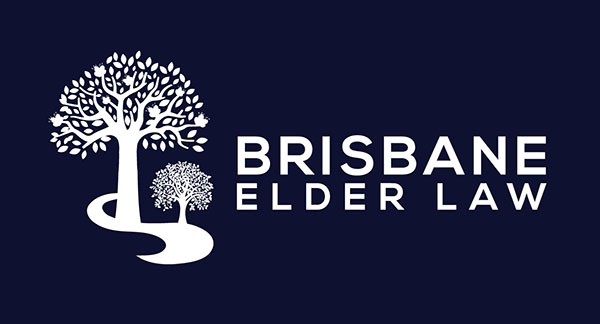Will Disputes
Will Disputes
Unfortunately after a loved one dies families can become quite unloving in dealing with the aftermath. There are many types of disputes that can arise in relation to a will or estate, including:
- Family provision applications – in other words, claims by a person saying they haven’t been adequately provided for in the will of the deceased.
- Wills that are challenged based on allegations about the will maker’s lack of capacity.
- Challenges to Wills based on Duress, or undue influence
- Disputes between Executors about management of an Estate
- Informal wills where the strict rules applying to Wills hasn’t been followed
- Court made (or statutory) wills where the Will maker doesn’t have the mental capacity to make a Will, but where a loved one seeks to have the court install a will for them.
- Challenging the validity of a will;
- Executors defending a will against those seeking a greater share of an estate; and
- Situations where there is no valid Will.
People often want to challenge a Will, saying they have been treated unfairly in a will. However, only some people can challenge a will, and the rules about being treated unfairly in a will are complex.
Executors of Estates sometimes have to face a claim by someone left out of a will, or who feel they have been treated unfairly in a will, and say they are challenging the will. Executors have a responsibility to defend the will, but not at any cost. They need to get expert legal advice as to whether the person challenging the will saying they have been treated unfairly in the will, or left out of will completely, has a reasonable case, or not.
Challenging a will, or defending a will against a challenge to the will, requires specialized advice and expertise.
A Dispute doesn’t have to mean Court
There are many types of will or estate disputes, and ultimately a Judge may need to make a determination, however court action is not inevitable, and we try to explore every avenue to avoid court, or a trial, if possible.
People say they have been treated unfairly in a will, or been left out of a will. They are interested in challenging a will through court. While strict time limits applies when challenging a will there are some alternatives to court action, so long as prompt steps are taken.
The first step is to educate our clients as to the law, how it applies in their particular circumstances, and give them some practical tips how to resolve their dispute. Sometimes after providing that advice they are able to negotiate an acceptable outcome with the other side themselves.
The second option is to try to negotiate between lawyers by way of correspondence. Often, with common sense, and a practical, commercial mindset, will and estate disputes (such as challenging a will, based on a claim of being left out of a will, or having been treated unfairly in a will) can be resolved in this way.
As the next step, either before any court action commences, or as part of the initial court process itself, we arrange a mediation to try to negotiate an outcome with the assistance of an experienced wills and estates mediator. We find that mediation in this way, properly prepared, with the right mediator, is successful in many cases.
Finally, if all else fails, court proceedings are the only option left, and in those circumstances we pursue court action vigorously, whilst still keeping open the possibility of a negotiated settlement. Often court actions about challenging a will, or being treated unfairly in a will are still able to be settled by negotiation or mediation within the court process.
Always near in mind however that there are strict time limits for will and estate claims, and delay can be fatal to a successful claim. The bottom line – get advice, get it early, and get it right from the start.
Check out our Blogs;
Find out more
Want further advice on Will Disputes? Don’t hesitate to contact us, either by calling or completing an enquiry form.

